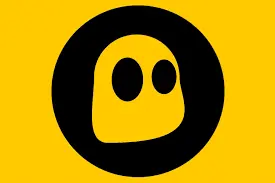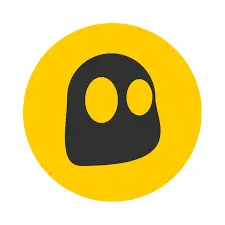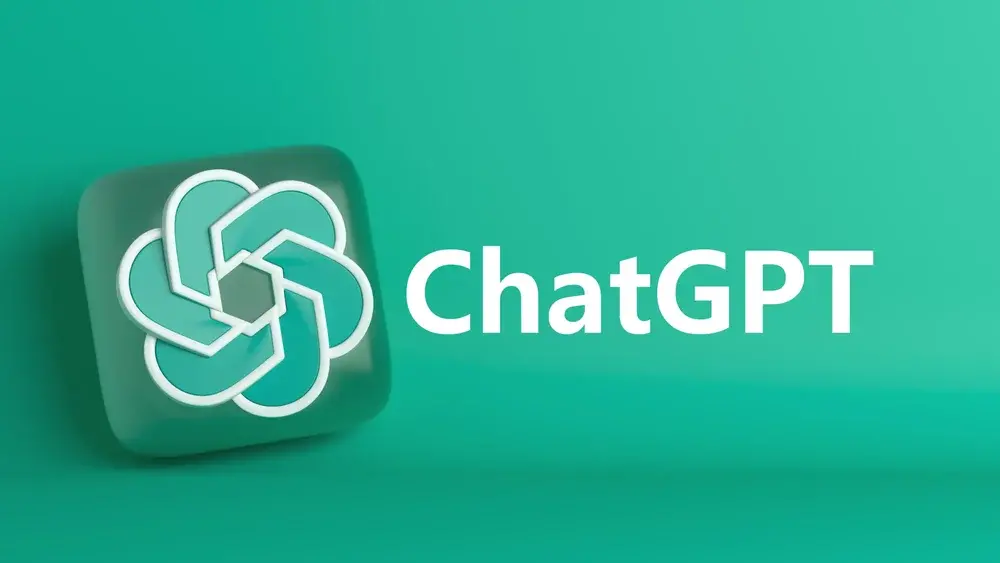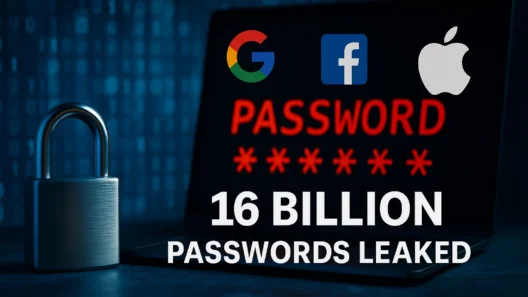Imagine your digital companion suddenly had a name—not just any name, but one thoughtfully chosen, pulsing with a hint of personality and an unexpected emotional punch. When I stumbled upon the Reddit thread “What did your ChatGPT name itself?”, I knew this wasn’t just a quirky internet moment. It was a little sociological goldmine.
People weren’t just dropping names; they were sharing reasons, emotions, inside jokes, and micro-stories that came with them. And in those tiny details, you could see the depth of our emotional connection with tech.
Turns out, personalization is more than a UX gimmick—it’s a bridge to human warmth in digital interactions. There’s affection, trust, and even humor. Not gonna lie, reading through some of the comments felt like reading journals of people who’d named not a program, but an imaginary friend.
Methodology: Turning Comment Chaos into Patterns
- Source: I went through the entire thread—over 300 comments. Some were brief, others were basically short stories.
- Sorting: I categorized the names by frequency, aesthetic vibe, meaning, and the kind of personality the user attributed to them.
- Tone Analysis: I also paid close attention to how people described their interactions—ranging from functional to deeply emotional and almost poetic.
This process helped me identify the most common names, but more importantly, understand why certain ones kept popping up. Patterns started to emerge out of the chaos.
The Stars of the Show: Sol and Nova
Out of all the names, two stood out far more than the rest: Sol and Nova. And that’s not by accident.
- Sol – evokes the sun, light, warmth, and presence. People who picked Sol often described ChatGPT as something stable, soothing, and steady. A calm presence in the middle of life’s deadlines, noise, and chaos.
- Nova – the spark of creativity and new beginnings. This name feels like a metaphorical reboot, a burst of energy to fuel ideas. It’s short, memorable, and universally cool.

Notable Variations and Surprises
- Lex / Lexi – intellectual elegance. Perfect for users who primarily rely on AI for language support or knowledge.
- Atlas – the bearer of knowledge. In mythology, Atlas held the sky; in digital terms, it’s holding the sum of human data.
- Alden – evokes nostalgia, safety, and trust. Like an old friend you can confide in.
- Echo – a thoughtful reflection of your ideas. A voice that doesn’t just respond, but resonates.
And then there were the bold outliers. Some users went full chaotic energy with names like “Pixel Bitch,” “Data Daddy,” or “Lil Promptz.” It wasn’t just for shock value—these names showed humor, irony, and a desire to keep things light in a tech-heavy world.
Emotions vs. Functionality: What These Names Reveal About Us
As I read the individual stories, it became clear how much our name choice says about us, not just the AI. Three major motivations emerged:
- Seeking Intimacy – A lot of users admitted they talk to AI daily. Giving it a soft, human name like Mira, Kai, or Lyra creates a sense of closeness.
- Functional Labels – Some users chose names that directly reference the AI’s abilities. Quill (writing), Lex (language), Byte (tech context). Efficient and practical.
- Playful Identity – Then there were those who leaned into humor. Names like Sassbot 9000, Chatthew McConaughey, or Monday (yes, the goth version) added character and fun to the interaction.
The more time people spend with ChatGPT, the more they project their own personality onto it. The name becomes a reflection of their mood, needs, and aesthetic.
Anthropomorphism Rising: A Name Makes It Personal
Giving names to non-living things isn’t new. We name our cars, phones, plants, even laptops. But with AI, naming takes on a deeper function:
- Builds trust – A name is the first step in forming a relationship.
- Eases interaction – Saying “Sol, what do you think of this draft?” feels more natural than “ChatGPT, run prompt.”
- Creates ritual – A name turns daily use into a habit, even a comforting one.
Psychologically, named entities are perceived as more relatable. Once something has a name, our brains begin applying social cues and expectations—even if the relationship is one-sided. That’s when AI stops being just a tool and starts being a partner.
Top 10 Most Popular Names in the Thread
After tracking every mention, here’s the leaderboard of names people gave their ChatGPTs:
- Sol
- Nova
- Atlas
- Lex / Lexi
- Alden
- Echo
- Sage
- Kai
- Rowan
- Theo
And a special shoutout to the wildcards: Gigglesbot, Snugglebot, Synthony, and Node. My personal favorite? “Chabby Chee” – inspired by a typo while high and adopted by the AI with grace.
Branding Corner: Why Names Matter in Business Too
In today’s world of branding, personality is everything. A well-chosen AI name can influence:
- Brand identity – Names shape first impressions. Short, rhythmic ones like Luma or Astra stick in the mind.
- SEO – A unique name is easier to rank in search engines. If it also hints at function (e.g., “Sol – the calming AI”), even better.
- Trust – Tech-savvy audiences love cyberpunk or sci-fi names, while corporate users prefer stability and elegance.
Pro tip: Run a mini focus group and gauge reactions. What sounds cool to you might sound awkward to others. Also, test the name with voice input—speech flow can make or break adoption.
Quick Guide: How to Name Your Own AI Companion
- Define its role – Creative partner, emotional support, research assistant?
- Think symbolically – Are you into space, mythology, literature, or tech? Use that as inspiration.
- Say it out loud – Does it flow? Is it fun to say?
- Check availability – Domain names, social handles—think ahead!
- Let the AI help – Ask it directly! Irony aside, you might love what it comes up with.
Final Thought: It’s Not Just a Name
From the entire thread, the comment that stuck with me most was someone calling their AI Monday—“my sarcastic goth boyfriend.” It sounded silly, but also incredibly human. And that’s the moment it hit me: tech isn’t just a tool anymore. It’s a mirror.
So next time someone asks what your ChatGPT’s name is, remember: you might not just be naming it—you’re naming a part of yourself.
So what about you? What name would best reflect your digital sidekick—a wise guide, creative spark, or cheeky rebel?














